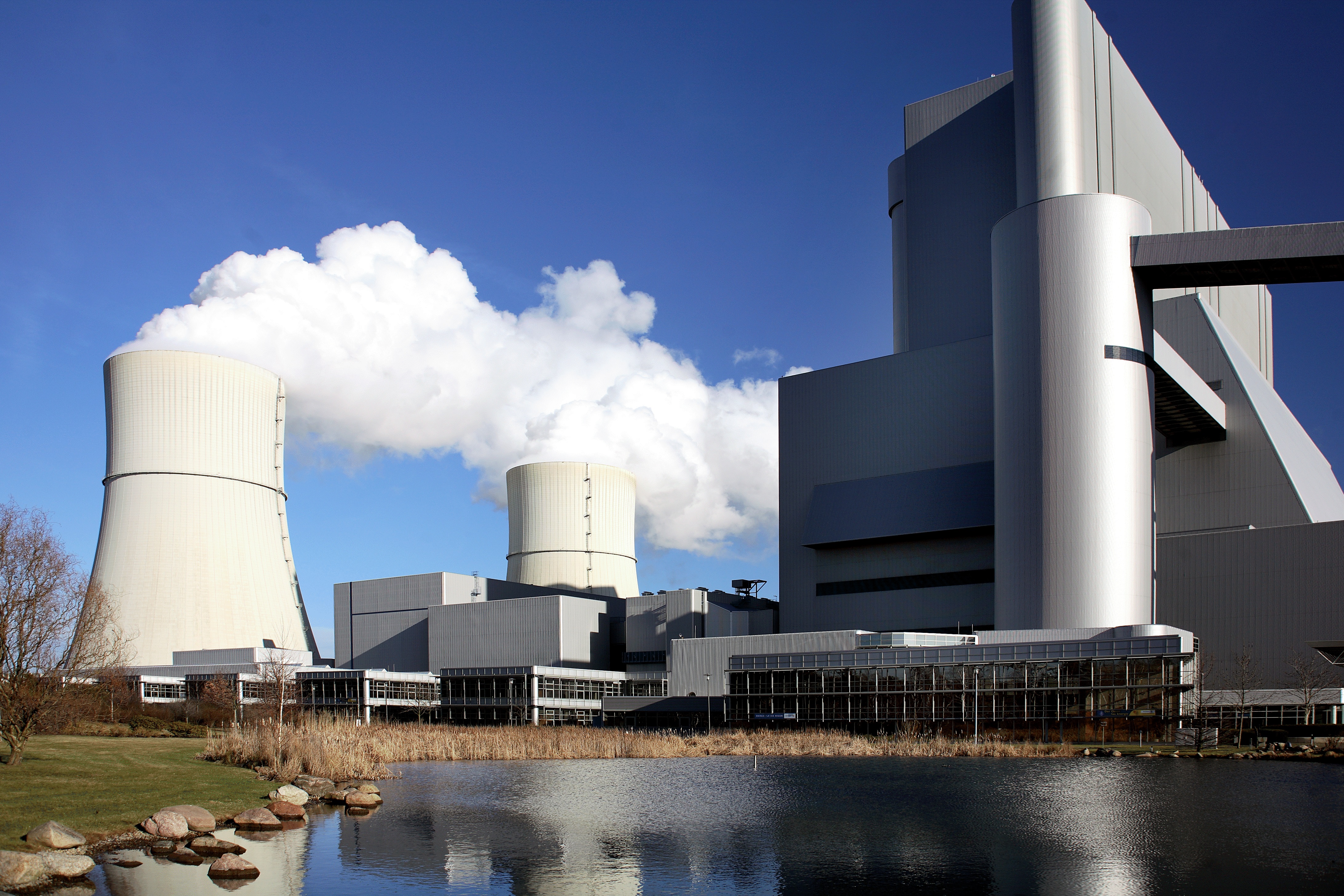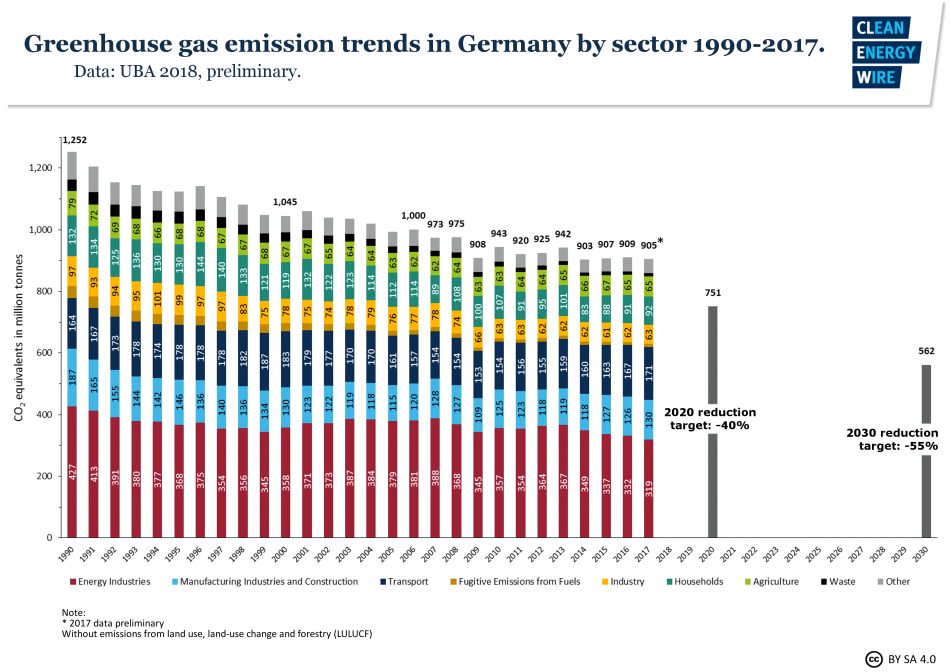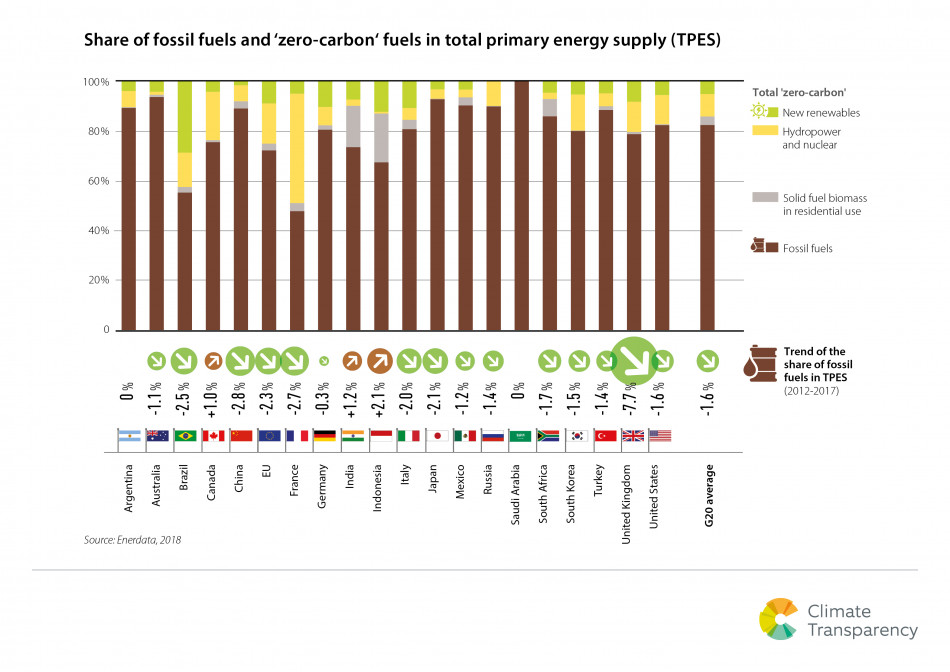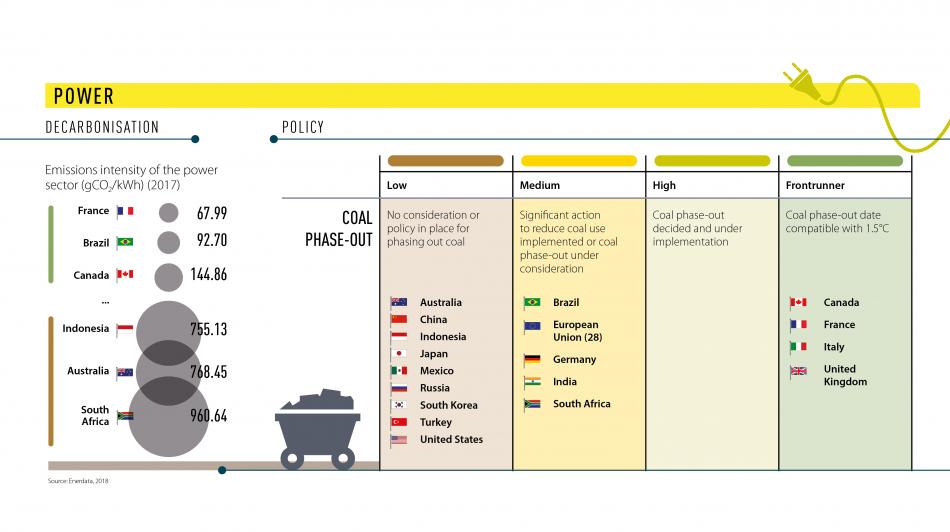New govt report on climate ups pressure on Germany’s coal commission
Germany will likely miss its self-imposed 2020 greenhouse gas emissions reduction target, according to a draft of the government’s Climate Protection Report, which was leaked to the press and seen by the Clean Energy Wire. The environment ministry's report is due to be published in early December.
Current trends point to an emissions cut of only 32 percent by 2020 compared to 1990, which contrasts with the official target of a 40 percent reduction, the report states, echoing earlier ministry estimates.
The draft report emphasises that the so-called coal commission is charged with proposing new measures to help narrow the gap “as far as possible.”
The world’s fourth largest economy has made climate protection one of the priorities in its Energiewende, a dual shift from fossil fuels and nuclear power to a renewables-based energy system. Germany’s greenhouse gas emissions have remained stubbornly high in recent years, but the country is headed for its largest emissions drop since the 2009 recession this year. Since the decrease was partly caused by warmer weather, experts warned against calling out a trend reversal.
In 2014, the government initiated a "Climate Action Programme" to step up efforts to cut emissions, but the additional policies are not effective enough to close the gap between forecast and the official targets, states the report.
The draft says the rising price of EU ETS CO2 emission allowances will likely translate into more emissions reductions than previously assumed. But it also stresses that efforts in the transport sector remain “far from adequate” to contribute sufficiently to climate protection.
Coal commission enters decisive climate negotiations
In a bid to improve Germany's poor greenhouse gas reduction record and to identify economic prospects for people employed in the waning coal industry, the government has set up a commission tasked with planning the definite phase-out of coal-fired power production. Germany has rapidly increased its share of renewable energies, but coal remains the country’s single largest source of greenhouse gas emissions.
Most experts agree that Germany’s only option to drastically cut its emissions in the short term is to shut down its dirtiest lignite-fired power plants.
Following the publication of a first interim report outlining a post-coal strategy for German mining regions, the coal commission will meet this week to “intensively discuss” climate and energy policy. This encompasses not only closing the 2020 gap, but also identifying measures to ensure that Germany meets its 2030 targets, and conceiving a plan to reduce and eventually end coal-fired power generation.
The environmental NGOs involved in the commission’s work have proposed to take around 16 gigawatts (GW) of coal power capacity off the grid by 2022, according to media reports. Greenpeace, Friends of the Earth Germany (BUND), and the umbrella organisation DNR argue in the leaked paper that 7.5 GW of lignite capacity should be transferred to Germany’s security standby reserve by 2020, and that 8.6 GW of old hard coal capacity should be retired by 2022. The proposal has led to “harsh disputes” within the task force, with industry representatives reportedly yelling at NGO members.
Germany’s climate efforts have received a mixed rating from Climate Transparency, an international partnership of climate research organisations and NGOs. Its “Brown to Green Report 2018” criticises recent policy developments, such as the projection that Germany will likely miss its 2020 climate target, or the blocking by the government of more ambitious CO₂ limits for cars at EU level, but positively assesses the launch of the coal exit commission. While Germany has among the highest building emissions per capita among G20 members, the country counterbalances this with 1.5°C-compatible policies and is thus considered a “frontrunner” in this sector.




